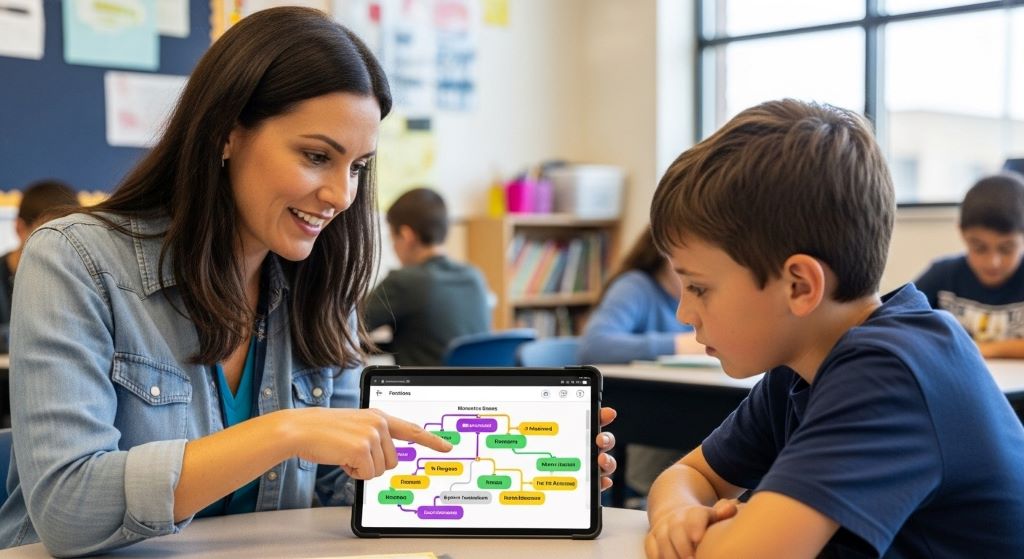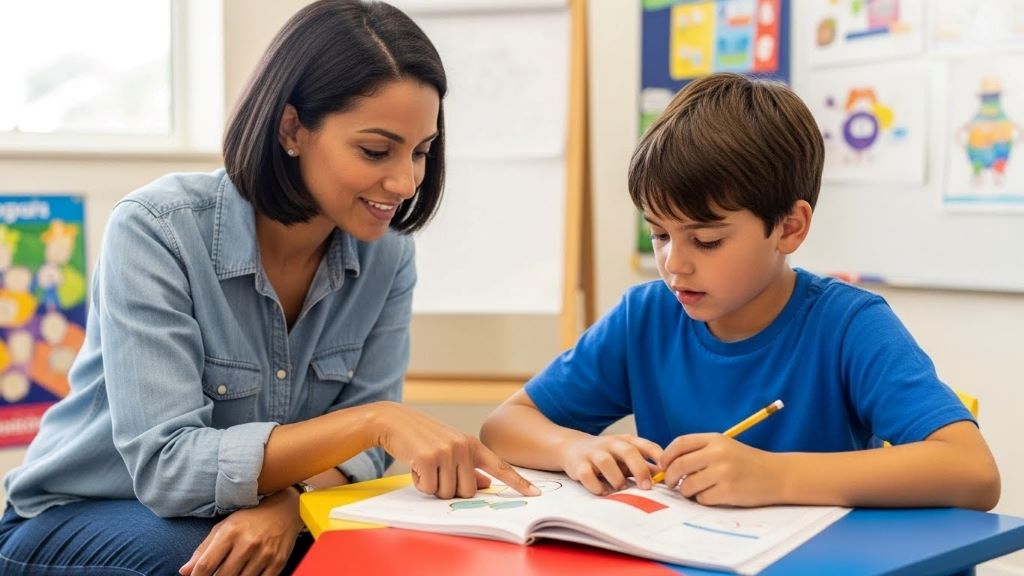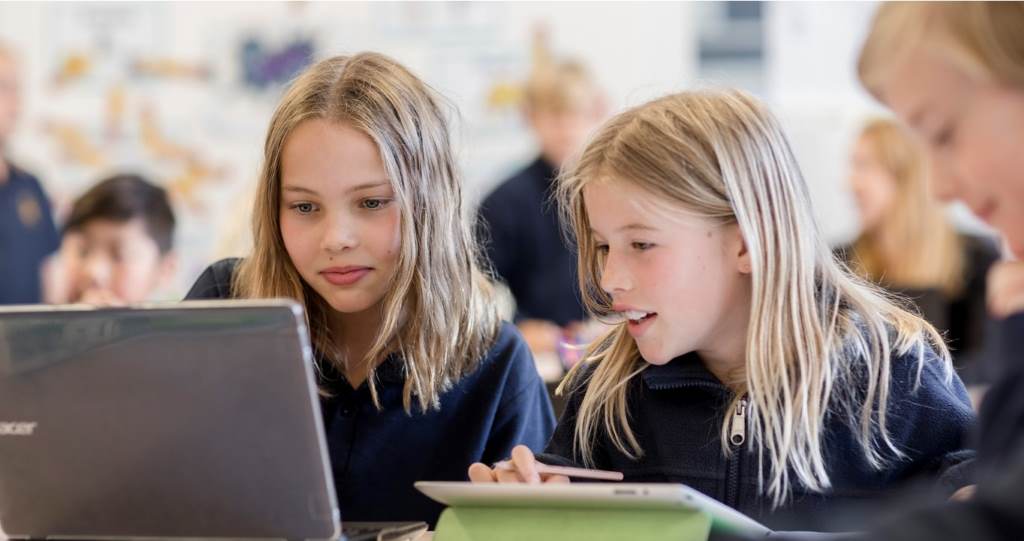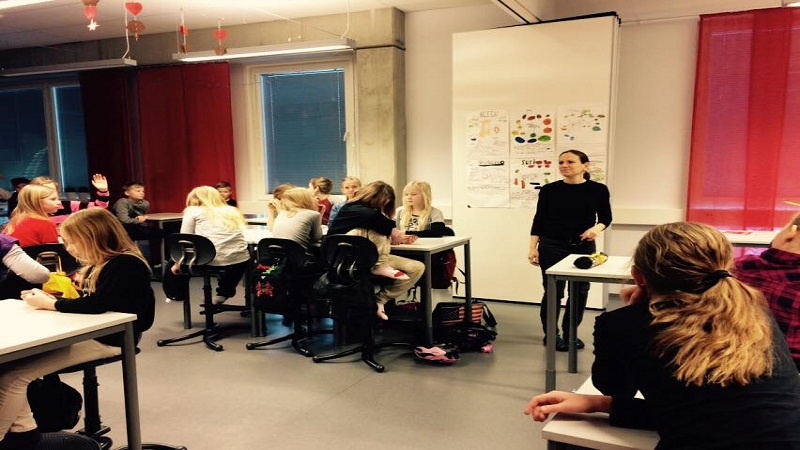During the holidays, teachers reflect on the year and often redesign and refine their strategies and teaching plans. In essence, they put back to the basics of what they believe is the best way to inspire learning in their students in other words, revise and refine their philosophy of education.
1) Students need to learn
Students want and need to learn as much as they need food, clothing and shelter. The primary job of an educator is to fulfill those primary needs for learning by creating relevant and relevant learning experiences each day. The greatest gift a teacher can give students is to motivate them with the experience of success in learning.
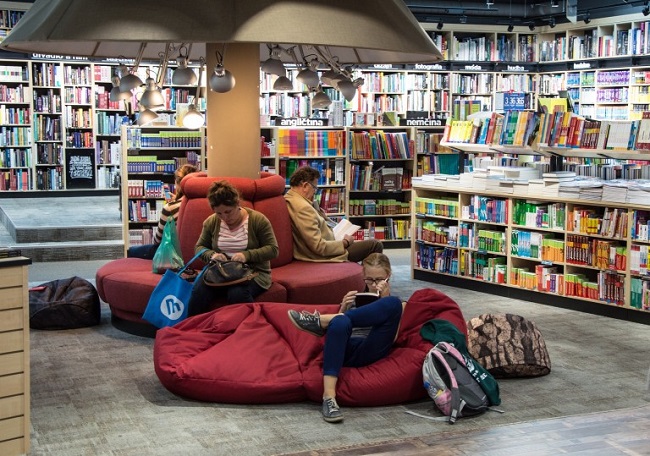
2) Students should be actively involved in learning
Students learn best by doing many activities, active teaching encourages active learning. Teachers should treat students as active participants in the learning process, giving them skills such as:
- How to study?
- How to take notes?
- How to memorize?
- How to express yourself effectively?
These skills will help you to be part of a high performance learning team. Also, students should be encouraged to explore, have research information beyond classroom boundaries and textbooks.
3) Learning is a physiological activity involving the whole body
The best way to involve a student is to have a solid classroom management plan and a well-planned lesson that builds on relevant, purposeful activities designed to improve the student’s knowledge and skills and leave them wanting to learn more. Teachers should be strongly aligned focused on student and student-led learning encompassing exploration, discovery, experimental learning, and the production of academically rigorous products.
4) Students need timely feedback to improve
Teachers gather data on student performance to adjust the learning environment and instruction so that they can target the learning needs of students. Teachers administer preliminary tests to find a starting point for learning and post-test to determine the “increase” in the level of performance as well as teachers to students effectively.
You may also like to read another article on WeiWeiCS: Skills to manage your time and tasks
5) Students need structure and repetition to learn
A teacher should be able to organize a sequence of lessons based on standards, successfully implementing the plan, and then assessing student learning. A teacher should be able to create an exciting learning environment that makes it difficult for students not to learn. A teacher should know how to include all students in learning at their own level, and a teacher should be able to inspire students to strive to the next level.
6) Students need information, knowledge and skills
Access to knowledge resources is as important to a child’s education as the actual content of the curriculum. Relevant and current information must be in the hands of teachers and students to give answers when questions are fresh. Information is more valuable than information “just in case”.
7) Students need tools and resources
Students should know how their regional memory systems work. Students must have skills and strategies to work effectively at different levels of the cognitive domain defined by Benjamin Bloom. Students should be aware of their own learning preferences, and teachers should help with creating a plan to develop other learning skills. Educational tools are a means to an end. For example, technology is used properly to greatly increase the ability to learn and from teachers to students the ability to teach, inspire and motivate.

